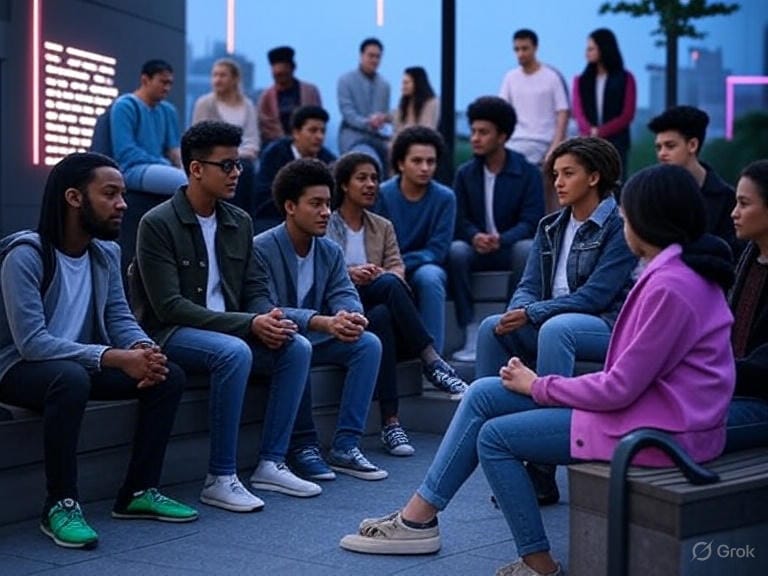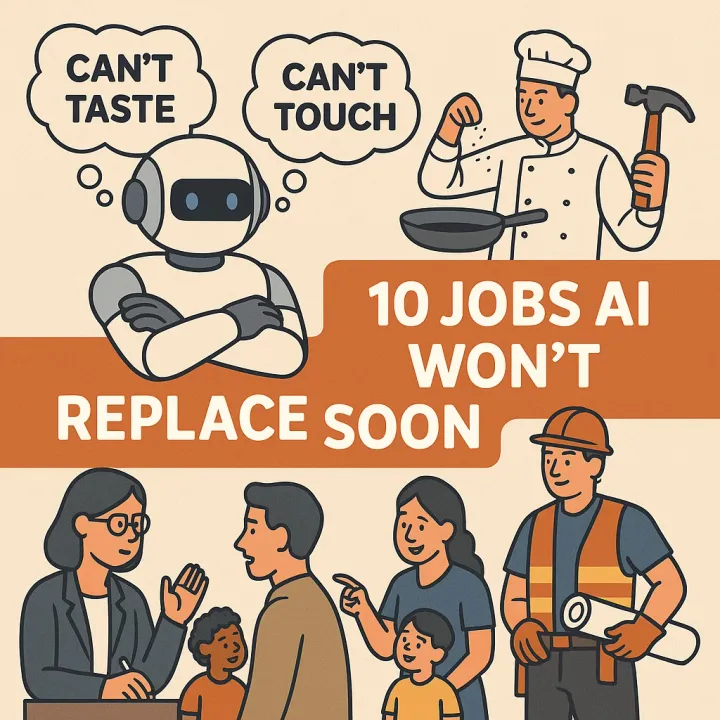Why Gen Z Refuse to Work: A Closer Look at the Modern Dilemma
Explore why Gen Z refuses traditional work: from unfair environments to bleak futures, and how AI confirms what they feel every day.

The Harsh Reality of Today’s Work Environment
Remember when hard work was supposed to guarantee a better future? Well, for many Gen Zers, that old rulebook seems to have been tossed out the window. 🌪️ Increasingly, young people feel the workplace is unjust: long hours, poor treatment, and _salary that barely covers basic needs_. This isn’t just a gripe — it’s a deep-rooted frustration that shapes their entire outlook on work life.
**The feeling that no matter how hard they try, they end up poorer than their parents** is unsettling. It’s like running on a treadmill that’s speeding up — the harder you run, the further you feel from your goal.
No Future in Sight: The Growing Disillusionment
One of the biggest reasons for this resistance is the bleakness of the future. **Gen Z looks at traditional jobs and sees stagnant wages and diminishing opportunities**. The dream of homeownership, retirement savings, or even a decent work-life balance feels like a relic of the past. 🕰️
Many have concluded that the best option might just be to lay low and conserve their energy — “sleep is better than struggle,” some joke, but the sentiment rings true. With automation and AI reshaping the workforce, the fear of irrelevance only deepens.
AI Validates the Theory: The 100% Accurate Experiment
Interestingly, AI testing on this very mindset has shown surprising results. When theorized that Gen Z would avoid traditional work setups because of systemic unfairness, AI simulations confirmed — 100%. It’s almost as if technology is echoing the lived experience of a generation. 🤖✨
Despite these insights, governments continue to push for labor participation, sometimes ignoring the core issues that cause resistance. This clash is contributing to societal tensions and massive riots, a sign that something fundamental needs to change.
What Can Be Done?
The solution isn’t simple, but it starts with acknowledging these realities. Fair treatment, livable wages, and a sense of hope for the future must be restored. Otherwise, the ongoing friction between Gen Z and the workforce will only widen.
**Maybe it’s time to rethink the definition of work and success — not as endless grind, but meaningful contribution and balance.** For those of us who’ve felt this struggle in the past, these changes can’t come soon enough.
